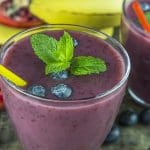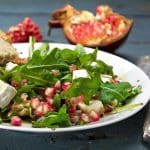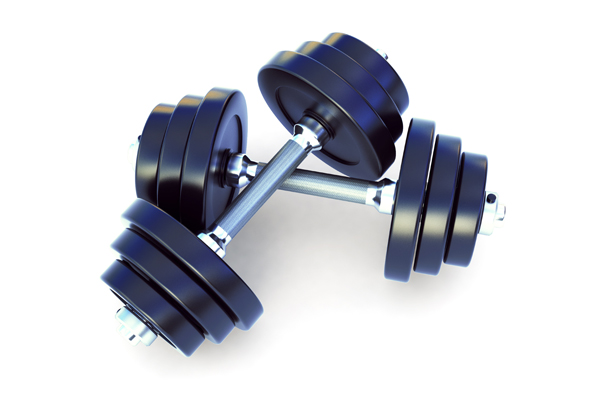Pomegranate Facts:

Nutrition Facts
Serving Size 1/2 Cup
Servings Per Container 1
Amount Per Serving
Calories 72
Calories from Fat 9
% Daily Value*
Total Fat 1g
2%
Saturated Fat 0g
0%
Trans Fat 0g
Cholesterol 0mg
0%
Sodium 3mg
0%
Total Carbohydrate 16g
5%
Dietary Fiber 3g
12%
Sugars 12g
Protein 1g
Vitamin A
0%
Vitamin C
15%
Calcium
1%
Iron
1%
Vitamin E
3%
Vitamin K
18%
Thiamin
4%
Riboflavin
3%
Niacin
1%
Vitamin B6
3%
Folate
8%
Pantothenic Acid
3%
Magnesium
3%
Phosphorus
3%
Potassium
6%
Zinc
2%
Copper
7%
Manganese
5%
Selenium
1%
*Percent Daily Values are based on a 2,000 calorie diet. Your daily values may be higher or lower depending on your calorie needs.
PQ (Protein Quality) x PDCAAS (Protein Digestibility Corrected Amino Acid Score) - N/A
Additional Contents
Potential Health Benefits
- powerful anti-cancer properties
- powerful disease protection
- powerful antioxidant
- increased heart attack & stroke protection
- anti-inflammatory
- lower blood pressure
Potential Athletic Benefits
- Increase vasodialation of the circulatory system creating more blood flow to oxygen demanding muscles.
- Decrease the effects of DOMS (Delayed Onset Muscle Soreness) from intense exercise bouts.
- Increase overall athletic performance and recovery times.
Glycemic Index Rank
53 out of 100
| Rank | Value |
|---|---|
| Low Glycemic | less than 55 |
Food Sensitivity Rank
1.1 to 1 ratio
| Rank | Value |
|---|---|
| Low-Medium for Fructose Sensitivity | more than 1 (fructose to glucose ratio) |
Pomegranates carry nature's most potent antioxidant profile of its kind. They help to fight off unwanted oxidative stress, cancer, muscle soreness, and high blood pressure. Not only do they serve these purposes, they are also delicious and savory.
- Therapeutic Applications of Pomegranate
- Pomegranate as a Functional Food and Nutraceutical Source
- Pomegranate Fruit as a Rich Source of Biologically Active Compounds
- Preventive and Prophylactic Mechanisms of Action Pomegranate Bioactive Constituents
- Pomegranate and Its Potential for Prevention and Treatment of Inflammation and Cancer

476kcal/serving

ellagitannins
is a type of natural phytochemical polymer found in many berry like fruits. Once ellagitannins are consumed, they are converted into ellagic acid. In this state, ellagic acid is responsible for helping to protect against cancer causing free radicals, and can also aid in damaged cell regeneration and proper cell apoptosis.
Sources include: USDA
***All-Body Fitness takes no responsibility for the accuracy of the information provided above. Please contact a medical doctor or a registered dietitian for nutrition advice.



 Fitness
Fitness Nutrition
Nutrition